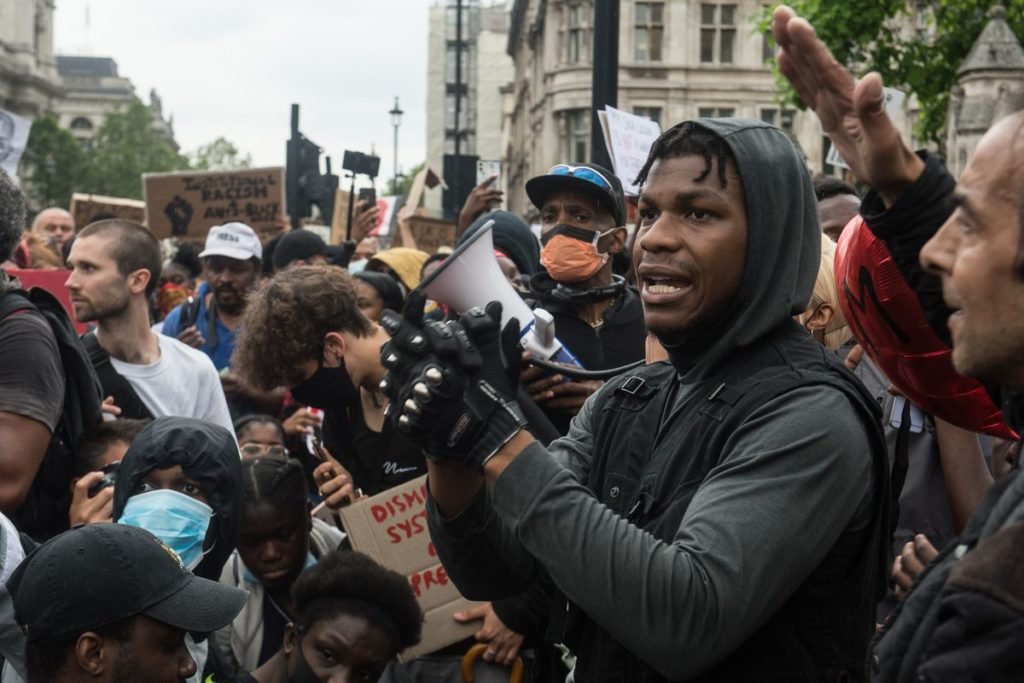
Black men, who are most likely to benefit from advanced prostate cancer treatments, are 11% less likely than non-Black men to receive them. This occurs despite apparent equality in access to healthcare services, according to a recent study of American veterans.
Constant Racial Inequality In Prostate Cancer Care In The U.S.
The study, which was published online on June 29 in the journal Cancer, found that Black male veterans were slightly (5%) more likely than non-Black men to receive radiation or surgery for prostate cancer and that veterans of all races who were likely to benefit from such definitive therapy were also 40% more likely to receive it than those who did not.

The latest study, led by researchers from NYU Langone Health and Perlmutter Cancer Center, found that, despite these significant benefits in acquiring advanced care, Black men who were most likely to benefit from these treatments, such as men with aggressive prostate cancer who were otherwise healthy, were 11% less likely to receive them than non-Black men of similar age and cancer severity. Other research has shown that Black males are still three times more likely than non-Black individuals to die from the illness.
According to study co-investigator Joseph E. Ravenell, MD, associate dean for diversity affairs and interdisciplinary care, the study suggests that Black men who need medical care may be choosing against the most advantageous prostate cancer therapies, which are often more invasive, or that such high-benefit treatments are not being offered to them as aggressively as they are to non-Black patients.
Dr. Ravenell, who is an associate professor at NYU Grossman School of Medicine and co-leader of community outreach and engagement at Perlmutter Cancer Center, believes that one possible reason for this treatment disparity is that, as previous research has found, some Black men may have greater fears about the side effects of aggressive therapy, such as the risk of incontinence and erectile dysfunction, than non-Black patients. When discussing treatment choices with Black patients, he believes that these anxieties, as well as other underlying causes connected to their treatment expectations, should be handled explicitly.
According to the research principal investigator and urologic surgeon Danil V. Makarov, MD, MHS, their findings suggest that patients and clinicians should address concerns, values, and preferences while evaluating all of the relevant treatment choices for prostate cancer.
Despite significant advances in prostate cancer care over the last few decades, racial disparities in care persist, and there is still much work to be done to better understand why this is happening and what they can do to finally close the gap, according to Dr. Makarov, an associate professor in the Departments of Urology and Population Health at NYU Grossman School of Medicine.
At the end of the day, their goal is to provide patients with the most appropriate cancer care they require, using a culturally sensitive approach, says Dr. Makarov, who is also a member of the Perlmutter Cancer Center, and whose team is investigating interventions such as counseling Black men on their risks and the benefits of prostate cancer screening, which could decrease care disparities.
The observations are based on an examination of the medical records of 35,427 men treated for early to moderate prostate cancer at Veterans Health Administration hospitals in the United States between 2011 and 2017. The majority was above the age of 60, married, and had no other significant health issues.
The research also supported previous findings that Black men are two years more likely than men of other races to be diagnosed with prostate cancer across all age categories. Black males are also more likely than non-Black men to be diagnosed with more severe forms of the disease. More study, according to Dr. Makarov, is needed to identify whether this discrepancy is caused by an underlying structural or cultural prejudice.
Prostate cancer is still the second-leading cause of cancer mortality among males in the United States, killing over 34,000 men each year. According to the National Cancer Institute, 248,000 men will be diagnosed with prostate cancer in the United States in 2021, with the majority of cases being in their early stages.